“I don’t have the right equipment.”
“There are thousands of others who are doing what I want to do.”
“Who am I to ask others questions? I’m not an expert.”
For years, these thoughts roamed through my head, preventing me from starting something I wanted to do.
A podcast where I could create a space for others to be seen, heard and valued.
Before you read any further, please acknowledge and internalize the following, “It doesn’t have to be perfect.”
Self-limiting belief #1: “I don’t have the right equipment.”
The first few episodes, I recorded using a MacBook Pro, Blue Yeti, and a picture from our first fundraising event, which I hung in the background of my closest to give it a more professional feel.
“Closet?”
“Yup, I recorded the episodes from my apartment closet.”
It was the only room I could control the sound quality.
I had to move all of my clothes to a side where they weren't being seen in the background and run the AC an hour before, otherwise it became unbearably hot (Texas heat).
On days when I forgot to turn on the AC in advance, I recorded the episode via audio only. I didn’t want the guest to see me sweating profusely.
Self-limiting belief #2: “Who am I to be hosting a podcast and asking questions to others? I’m not an expert.”
I believed these thoughts for a long time prior to starting the podcast.
I still wonder at times, how many projects I could have started and finished if I understood what I know now, “Who says that I have to be an ‘expert’ to start? "No one is an expert when they start."
I re-framed it in my mind, and gave myself permission to ask questions that I wanted to know the answers to.
Self-limiting belief #3: “There are thousands of others who are doing what I want to do.”
So, what?
“Why can’t I be the millionth?” I asked myself.
It may be true that there are thousands of others doing similar things.
However, no two conversations are the same, questions may be heard differently depending on who is asking, answers will be different depending on how the question is asked and who is asking it.
I’m curious to hear from you, “What do you want to start now that your thoughts may have held you back from previously?”
If you don’t know how to start something ask for help. Reach out to people who know more about whatever it is, be curious, research, surround yourself with others who have experience in doing the same thing and learn from them.
I’m here for you and happy to share what I know. Your network is here for you. We’re all here cheering you on!!!
Oleg Lougheed is the host of the Overcoming Odds Podcast, where you get a glimpse into the stories of individuals who have overcome adversity, suffering, and struggle in achieving their personal success.
###
#leadership #overcomingodds #whatinspiresme #business #story #socialnetworking #findingmyself #findingmyroots #findingmypurpose #findingmyvoice #overcomingobstacles #overcomingadversity #overcomingdepression #overcominganxiety #tellingmystory #meaningoflife #fostercare #immigrant #refugee #adoption #mentalhealth #LGBTQ #homeless #addiction #narrativetherapy #positiveaffirmations #positiveadjectives #positivewords #reframing #storytelling
